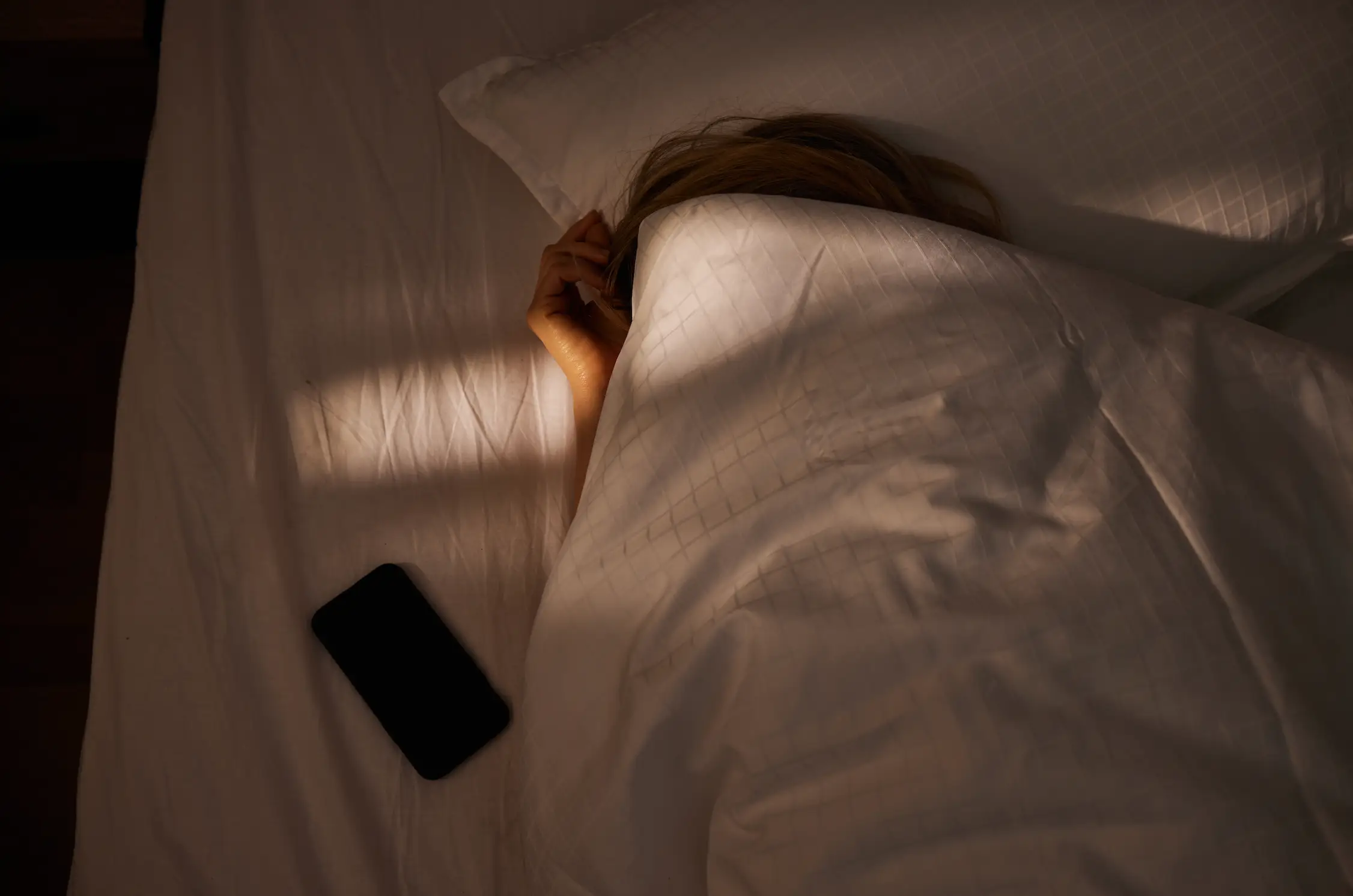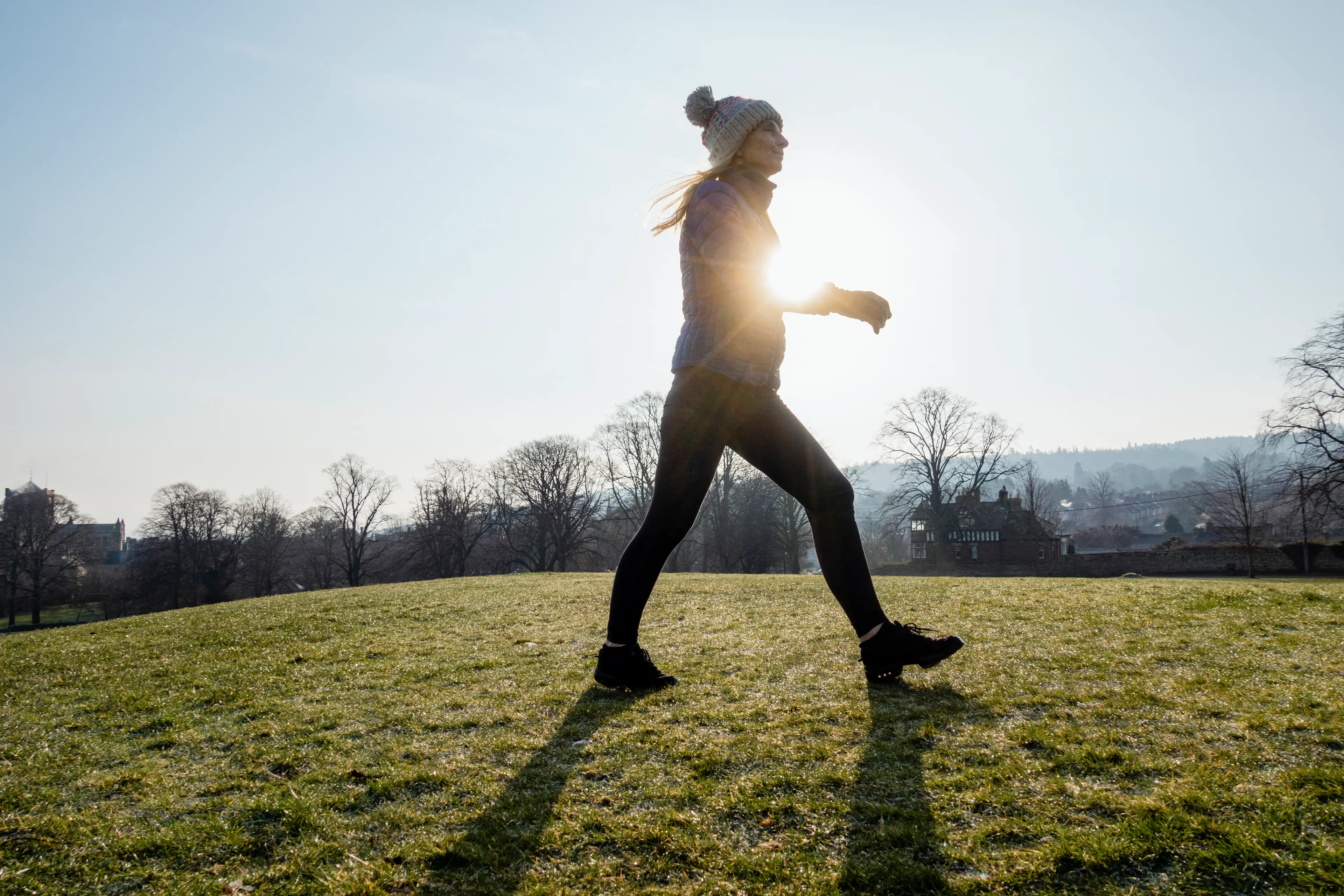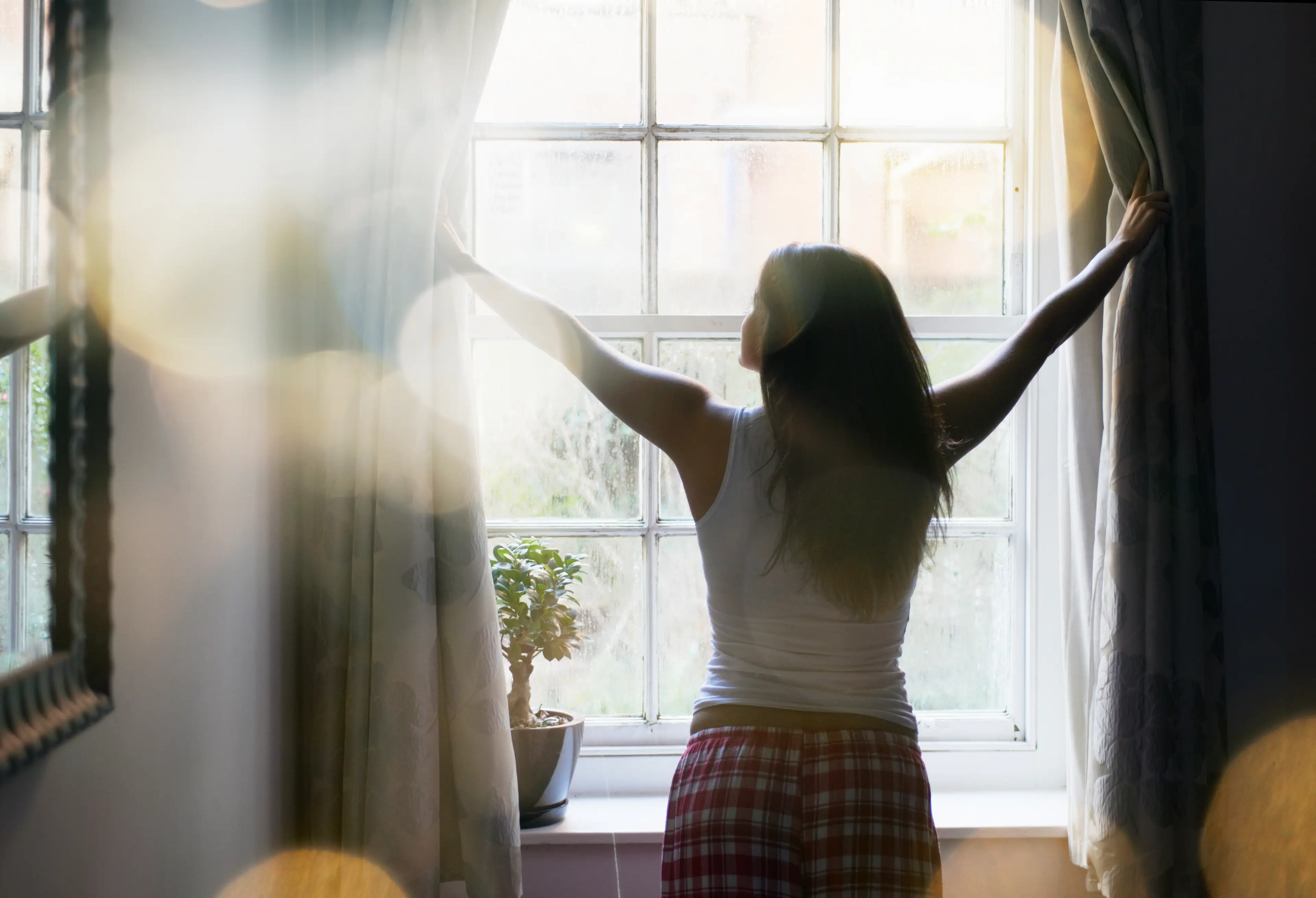
As the icy winter nights draw in, it becomes more and more tempting to repeatedly hit the snooze button each morning in a bid to avoid getting out of bed.
Apparently, however, by dragging ourselves straight from our warm, cosy beds to a hot, steamy shower, and then to work everyday, we could be doing more harm to our minds and bodies than we realise.
So much so that one medic is emphasising the importance of making time to add one vital step to our morning routines, which they say could contribute to a longer life-span.

Advert
Whilst Dr Deborah Lee - who spoke to press this week on behalf of the Dr Fox Online Pharmacy - says it's vital to achieve the right amount of sleep per night (at least eight hours), she said that spending too much time between the sheets can be counter-intuitive.
Instead, she says that - whilst it can be tricky in the often dark early hours of the winter months - we should be making time before work each day to soak up some sun.
Yep, you read that correctly. Even through the blustery months of November through to February - through the wind, the rain, the snow and the ice - we should be exposing ourselves to natural light first thing in the morn.
"One of the most important things you should do immediately after waking is to go outside and expose your skin to natural sunlight," she told the Express this week.
'But, what about days that aren't exactly sunny?', I hear you ask.

Thankfully, she says that whilst sun is preferable any natural light works, and this should be hitting 'the back of the eyes' 'within an hour of getting out of bed'.
Asked how to implement these moments into our already busy daily routines, Dr Lee said you only need to reserve between 30 and 40 minutes of early morning outdoor time, suggesting sitting temporarily or organising a walk upon waking up.
And apparently, making such a tiny change to the way you start your day could see a staggering improvement to your natural body clock.
"Your body's metabolic and physiologic processes are governed by your circadian rhythms – the body's natural body clock," she told the publication.
"This is a specialised group of cells called the suprachiasmatic nucleus (SCN) which is situated in the hypothalamus, behind the eyes, at the base of the brain.
"To work efficiently, the SCN needs to fully appreciate the difference between day and night. The SCN is the main central pacemaker for the body – but amazingly, it also communicates with cellular clocks in all the other cells and tissues in the body."

Dr Lee went on to explain that, even when we sleep, the brain and body are far from inactive, adding that several metabolic processes take place, including creating memories, removing waste products and toxins, producing hormones, repairing damaged cells, replenishing energy stories and relaxing muscles.
She also added that it could contribute to a deeper nights' sleep, and could lower your risk of developing Alzheimer's.
"Insomnia and sleep deprivation reduce life expectancy. Sleep specialists have found that exposure to early morning light can improve insomnia. "It is also helpful for anyone with jet lag, shift work, sleep disorders, depression, Seasonal Affective Disorder (SAD) and Alzheimer’s disease. In fact, early morning light is beneficial for all sleep problems in general."
If you can establish this as part of your daily ritual and stick to it, it should give you life-long health benefits.
"For those who can't get outside, a lightbox or a sunrise alarm clock is a reasonable alternative," she also pointed out.